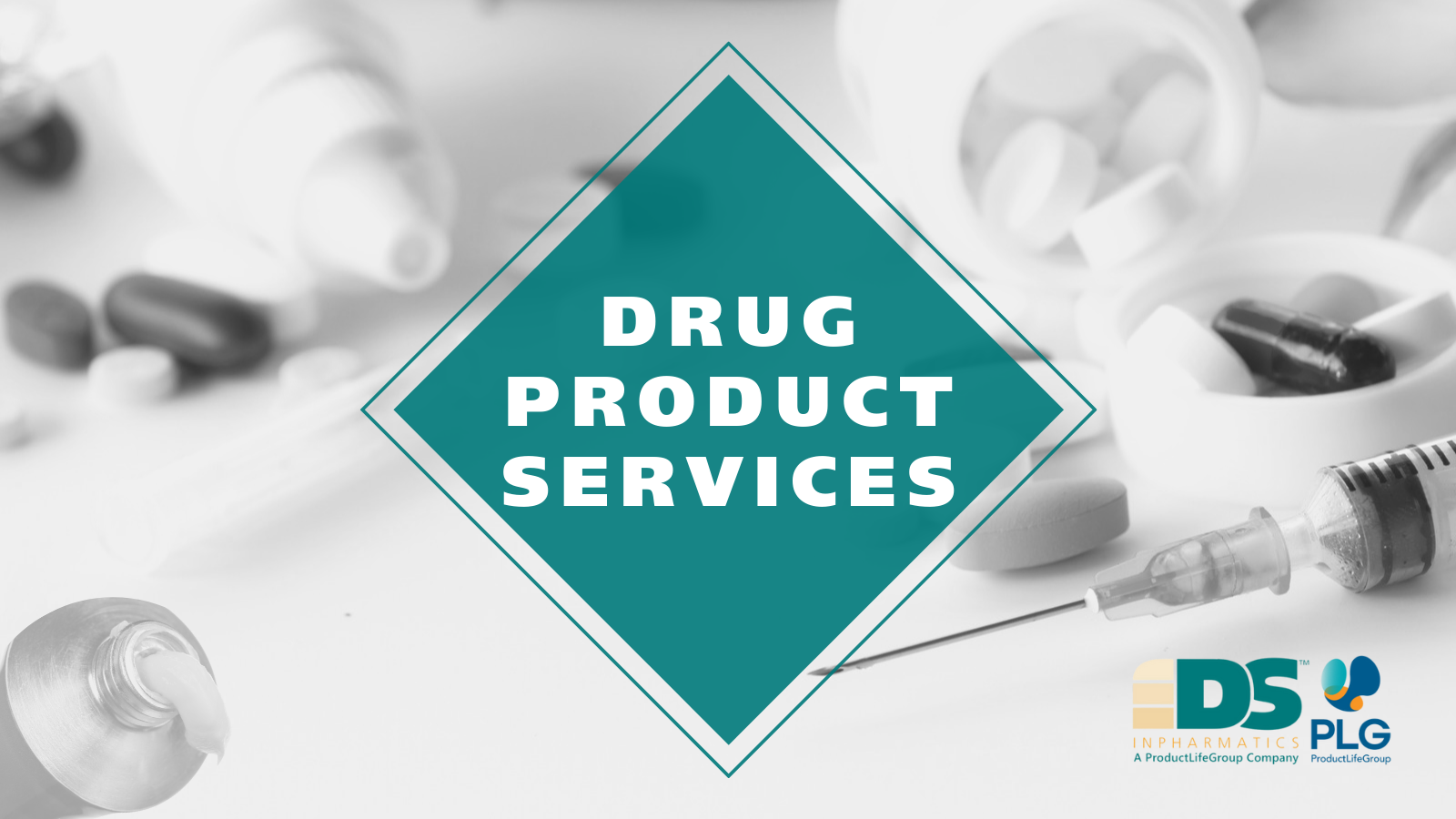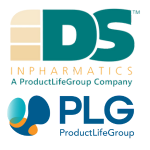This interview addresses the challenges and complexities of developing and manufacturing controlled-release drug formulations.
Could you introduce yourself and your expertise in drug development and manufacturing?
Since university, I have worked in the development and manufacturing of drugs.
After graduating from college with a degree in chemical engineering, I started working in clinical trial manufacturing for a big pharmaceutical company. After that, I worked for several large and medium-sized pharmaceutical companies, all involved in developing drug products, formulations, processes, manufacturing, troubleshooting, commercial support, and introducing new products. This is also the type of work that I have been doing with DSI for the last 14 years.
Can you highlight the importance of controlled-release drug formulations?
Controlled release is an essential technology in drug delivery. For many diseases, patients do not want to take medications multiple times per day. We can reduce the pill burden on patients by using controlled-release technologies in drug products. Controlled release has many benefits in certain formulations, such as reducing the number of times a patient must dose themselves and providing more consistent levels of medication in their system over time.
Can you outline specific challenges in developing controlled-release drug formulations and how your expertise addresses these complexities?
When formulating for controlled release, there are certain constraints because different actives have different chemistry and work with different types of controlled-release modifying excipients and other components in the drug product that influence how the drug is released in the body.
The excipients used to control drug release must be appropriate for the drug. This is accomplished through screening work, but different drugs and control release polymers have different pH. They also have different ionic characteristics, partition coefficients or physical properties. One of the challenges in developing controlled-release drug products is matching the suitable excipient with the drug to achieve the desired release profile.
Another challenge is navigating intellectual property claims that some companies have around drug release. If we are working on a drug that will compete with another, we have to ensure we do not infringe on a patent. This is a consideration that comes up sometimes. However, the main challenge is ensuring that the drug formulation and excipients match the active to achieve the desired overall release profile.
What is DSI's strategy for ensuring efficient scale-up and process transfer for controlled-release drug products?
When we work with a client, we try to understand where the drug product project will go if it is successful. Cost is always a consideration for our clients, and we look for the most efficient way to get there. By knowing what the end result will be, we can limit the amount of experimental work and customize the design of the experimental development work to get us the information needed for an FDA-approved dosage form.
But it all starts with understanding what the end goal is and thereby avoiding unnecessary development work or potentially going down formulation paths that will require a lot of iteration and fine-tuning to work as intended.
Our extensive experience, having developed so many different products under time constraints, allows us to streamline the experiments and only do what is required for that particular product to stay as on schedule as possible.
How does DSI's early involvement in drug development save time and money and what methods are used in planning and executing controlled release formulations?
By having early discussions with our clients about how the final dosage form should perform to meet patient needs, we can stick to a development program that only collects the information we need and keeps the product on track.
What strategies does DSI employ to overcome challenges related to varied release times and bioavailability improvement in controlled release formulations?
This refers back to the formulation challenges that were discussed earlier. Different actives work well with different excipients, and depending on the indication, the goal may be to release the drug immediately, over four, six, eight, 20, or 24 hours.
Once we know the target release profile, we are very experienced in developing formulations that released over a specific time period. We screen certain excipients that may work well with the active under consideration. Then we can fine tune how much of each component is required to achieve the desired profile.

Image Credit: DS InPharmatics (DSI)
Can you provide some examples of non-sterile drug product formulation and how DSI tailors its approach for different types, such as immediate, controlled and extended release?
Most oral products are non-sterile. These include tablets, capsules, oral liquids, and sprinkle formulations. The approaches for developing a drug product are heavily influenced by what the drug product is supposed to do, the disease it is supposed to treat, and the patient population to which it is intended.
For example, pediatric populations have difficulty swallowing tablets or capsules. As a result, our formulation approaches for these types of products focus on something that will not cause a swallowing issue. Oral liquids, and sometimes sprinkles, have a more noticeable taste, that can also become an issue in these types of formulations.
For a controlled or an extended release formulation, there are several well-understood technologies, such as matrix formulations or osmotic pump formulations. In some cases, they can extend the release time of a tablet by up to 24 hours. But, once again, it comes down to understanding who the patient population is, what disease they have, and how frequently they will be taking the drug. Considering these factors, we can develop a customized drug product that will be released most appropriately and effectively.
What are some considerations and challenges unique to sterile development and how does DSI address them?
A major concern in sterile development is to maintain sterility and cleanliness in your process area until the drug product is released. DSI has a team of experts well-versed in parenteral manufacturing, namely sterile manufacturing, that has been through many product development cycles, launches, and audits. These experts understand which aspects of the sterile manufacturing processes must be prioritized.
How does DSI support drug product manufacturing?
In most cases, we do this based on the needs of our clients. We can offer support in line with what our customers need. If they need a full-time technical expert to attend drug development meetings, lead drug development efforts, scope out experiment plans, and help them in selecting and managing vendors, we can do it all. We visit vendor facilities to review protocols and, on occasion, write protocols for our clients and their vendors to follow.
We travel to be present for the manufacturing of critical batches. We are also available by phone or email if any questions come up. However, in most cases, we are involved in semi-regular, often weekly meetings with our clients to discuss drug development issues. We write and review protocols for all of the experimental development work that is needed to get the product through the various phases of clinical trials. We have all the chemistry and manufacturing controls in place to put the package together for our clients.
How does DSI offer support for drug product regulatory affairs?
We accomplish this by being involved throughout the drug product development process. We help ensure that the information taken at each step of the development process is in line with the regulations and guidance from the FDA, the EMEA, and the ICH (International Conference for Harmonization).
By being engaged with our clients, we make sure that the expected regulatory CMC requirements for a drug product are met. We also have regulatory experts who specialize in communicating with the agency and drafting correspondence documents for end-of-phase two, end-of-phase three, and pre-approval meetings with the agency.
We have done it all for clients, from being present for development activities to helping answer questions, as well as assisting them with the drafting of briefing books, submissions, NDAs, INDs, IMPDs, and all types of regulatory documents and communications. In addition to our analytical and manufacturing experts, we have a dedicated team of regulatory affairs professionals.
About Kyriakos Michailaros
Mr. Michailaros provides over 21 years of drug product expertise with both oral and solid processes, and product development and manufacturing. He specializes in difficult technical formulation and manufacturing challenges and products with unique requirements, including controlled release, zero-order release, abuse deterrence, pediatric formulations, oral disintegration. In addition, he has developed, and optimized products including controlled release tablets, abuse deterred capsules, pediatric formulations, solid and liquid filled capsules, suspensions, inhaled products, and transdermal.
Before joining DSI, Mr. Michailaros was Senior Engineer, Validation and Commercial Technical Services at Teva Pharmaceuticals as well as Johnson & Johnson. He has served DSI clients for over ten years. He earned a chemical engineering degree from Lehigh University and a mini-MBA in Management Essentials from Rutgers University.
About DS InPharmatics 
DS InPharmatics (DSI) provides regulatory, technical, and project management consulting services to healthcare product companies that manufacture and/or market pharmaceuticals, biopharmaceuticals, and cellular and gene therapy products.
Since 2007 we have provided our clients with innovative strategies and exceptional quality work products intended to enhance product development, approval, and marketing presence. Whether advocating CMC strategy, directing CMC operations or developing CMC submission content that represent the best interests of emerging biotech, we focus on the critical CMC issues and build programs that enhance development.
In April 2021 we were thrilled to announce that DSI has just become part of ProductLife Group.
French-headquartered ProductLife Group (PLG) is well-known in the Life Sciences market. It has a track record of successfully managing global outsourcing programs and insourcing services for its international client base. The company is on a mission to help transform human health outcomes by optimizing regulatory affairs, safety & vigilance, and quality compliance for life sciences organizations worldwide.
The fit between our two organizations could not be more perfect. We will complement PLG's growing biotech services portfolio. US biotech sponsors recognize DSI as a leader in consulting for go-to-market strategies and RA pre-market consulting. At the same time, PLG has a strong reputation for managing end-to-end outsourcing of regulatory affairs and pharmacovigilance activities worldwide.
Our merger with PLG will harness our combined strengths, offering our clients on both sides of the Atlantic support with their developed drugs approvals and post-approvals compliance, plus advisory services on the best market strategies to deliver a rapid ROI on their development. Together we will offer our clients increased pharmacovigilance capabilities - including a QPPV; pharmacovigilance consulting; and a fully validated safety database - as well as complementary toxicology-related services; RIM/electronic document management services; and support for medical device regulatory requirements.
We see enormous potential in this new chapter for DSI and you, our clients. As a PLG company, we have the opportunity to become part of a global force in life sciences regulatory and compliance solutions and services, and we're incredibly excited to add our momentum to that effort.